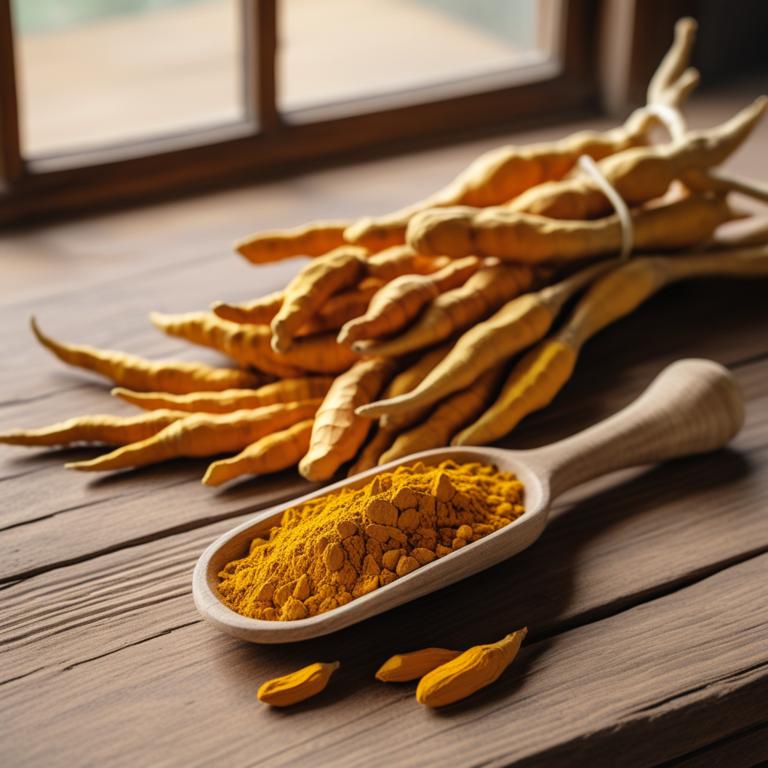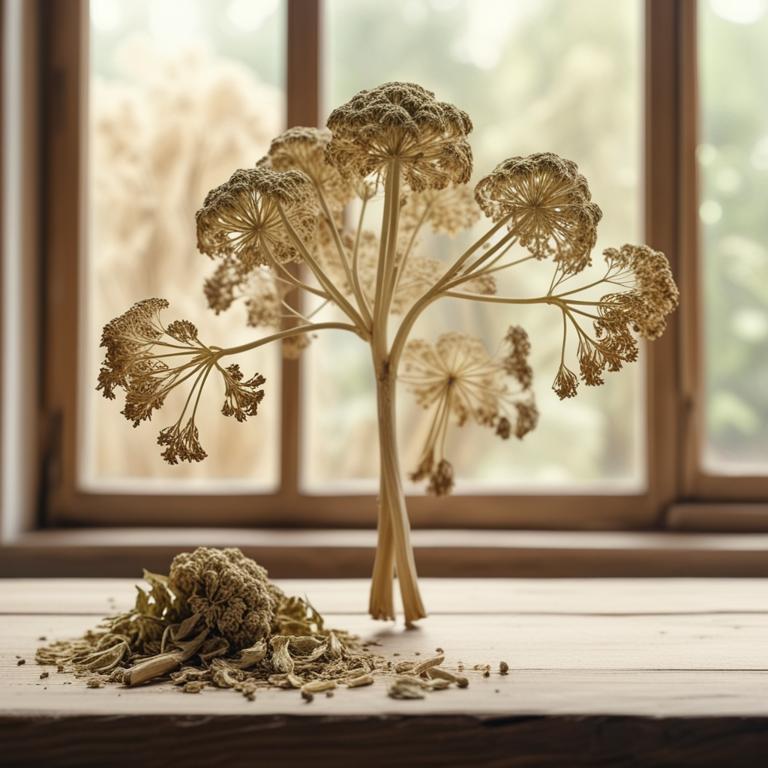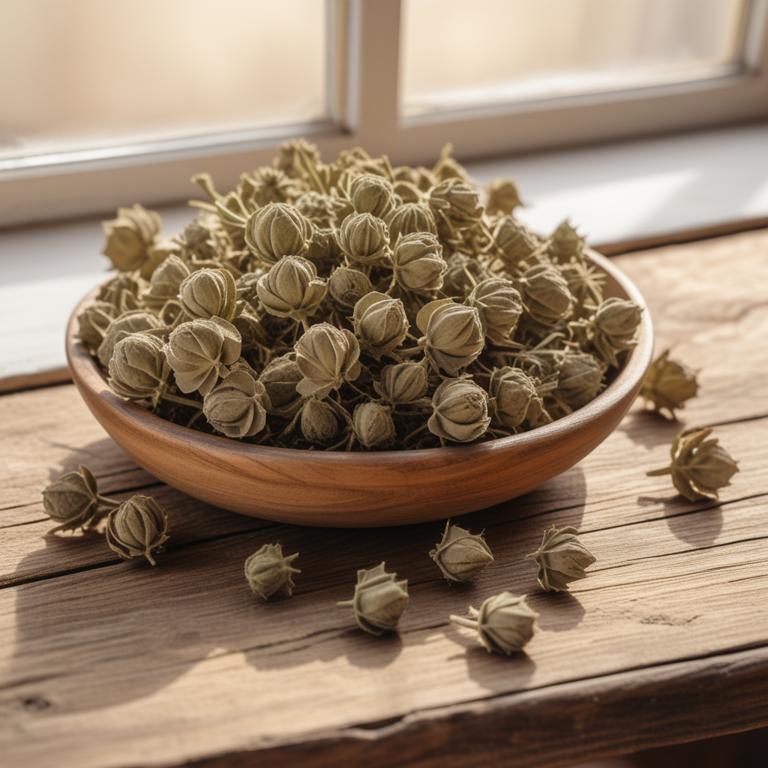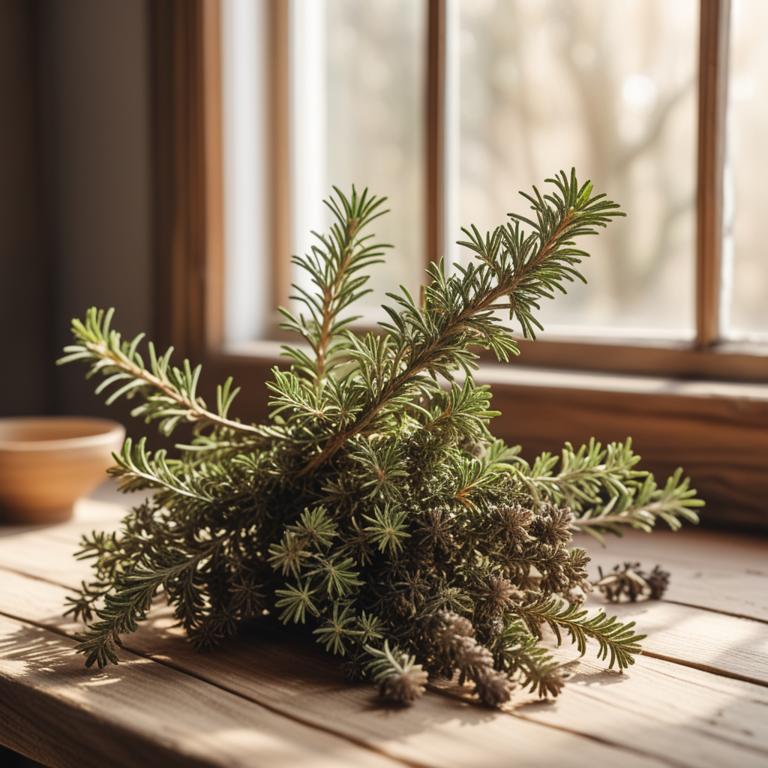Updated: Dec 1, 2024
Prostatitis: Understanding the Causes and Using Herbal Preparations for Relief
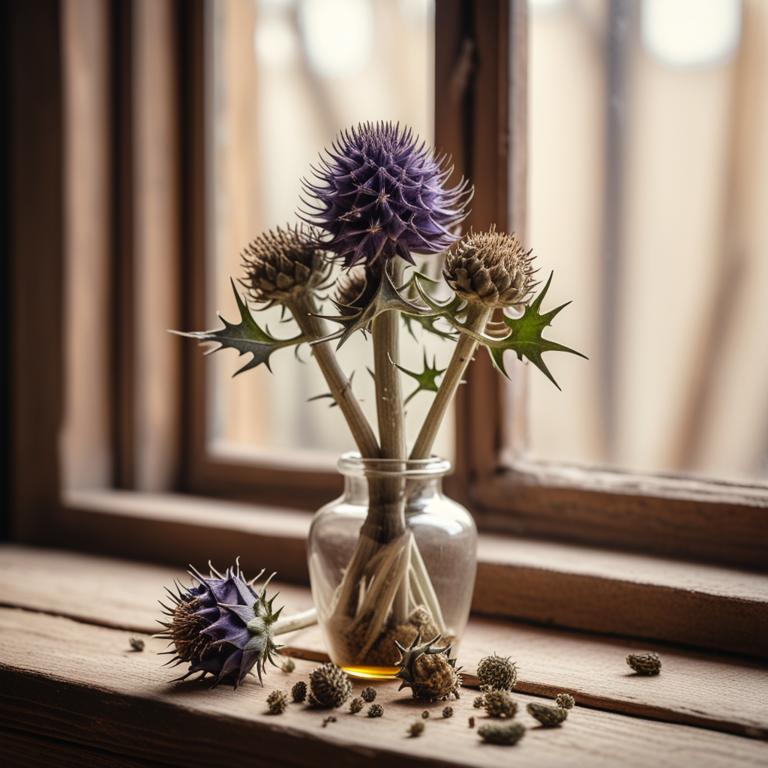
Prostatitis is an inflammation of the prostate gland, a walnut-sized organ in men that helps control urine flow and sex drive.
When it's inflamed, it can cause painful urination, frequent trips to the bathroom, and discomfort during sex. This can significantly impact daily life, making even simple tasks a chore. Prostatitis can be caused by bacterial infections, inflammation, or even stress and anxiety. Herbal remedies have been used for centuries to help alleviate prostatitis symptoms. Some of these healing herbs include saw palmetto, which may help reduce inflammation and block the conversion of testosterone to dihydrotestosterone, a hormone linked to prostate growth.
Another herb is stinging nettle, which has anti-inflammatory properties and may help soothe an irritated prostate. Urinary tract herbs like marshmallow root and goldenseal may also provide relief by reducing inflammation and killing bacteria. These herbs can be prepared in various ways, such as teas, capsules, or tinctures. Drinking saw palmetto tea, for example, may help ease symptoms, while taking stinging nettle capsules might provide long-lasting relief. Some herbal preparations combine multiple herbs to create a powerful remedy.
For instance, a prostatitis tea blend might include saw palmetto, stinging nettle, and marshmallow root.
Table of Contents
- What causes the inflammation associated with prostatitis?
- What are the benefits of using herbal treatments for prostatitis?
- What are the key herbal ingredients used in treating prostatitis?
- What are the top herbal preparations used to treat prostatitis?
- What herbs should be avoided by people with prostatitis?
- FAQ
What causes the inflammation associated with prostatitis?
The main causes of prostatitis are infections, enlargement of the prostate, and other health issues.
Bacterial infection is one of the most common causes of prostatitis. This occurs when bacteria, such as E. coli, enter the prostate through the urine and cause an infection. The bacteria can multiply and cause inflammation, leading to symptoms like pain and discomfort. Urinary tract infections (UTIs) are another cause of prostatitis. UTIs happen when bacteria, like E. coli, enter the urinary tract and cause an infection. If the infection spreads to the prostate, it can cause prostatitis.
Prostatitis B, also known as chronic pelvic pain syndrome, is a type of prostatitis that is not caused by a bacterial infection. The exact cause of Prostatitis B is unknown, but it's thought to be related to inflammation and immune system problems. Fungal infections can also cause prostatitis, although this is rare. Fungal infections occur when a fungus, such as Candida, enters the prostate and causes an infection. E. coli, a type of bacteria, is a common cause of urinary tract infections, which can lead to prostatitis. This bacteria can easily enter the prostate through the urine and cause an infection. Benign prostatic hyperplasia (BPH), or an enlarged prostate, can also contribute to prostatitis.
When the prostate becomes enlarged, it can become prone to infections and inflammation, leading to prostatitis symptoms.
What are the benefits of using herbal treatments for prostatitis?
Using herbs for prostatitis can be a helpful approach for some people.
These natural remedies may help reduce inflammation and swelling in the prostate gland, which can lead to relief from discomfort and pain. Some herbs have antifungal and antibacterial properties, which can help fight off infections that can contribute to prostatitis.
They may also have antioxidant properties, which can help protect the body from damage caused by free radicals. Additionally, certain herbs have anti-inflammatory properties, which can help soothe and calm the prostate gland, reducing irritation and discomfort. Some herbs may also help improve urine flow and reduce the frequency of urination, making them a potential solution for people who experience these symptoms.
By addressing the underlying causes of prostatitis, herbs can help promote overall health and well-being.
What are the key herbal ingredients used in treating prostatitis?
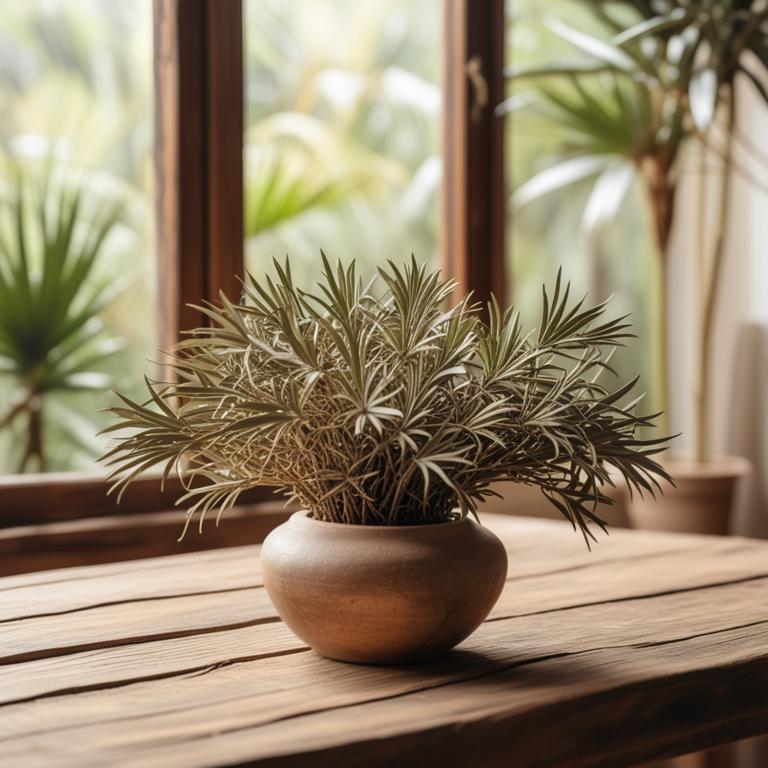
Herbs can be a helpful addition to managing prostatitis, a condition where the prostate gland becomes inflamed.
One herb that's often recommended is Serenoa repens, also known as saw palmetto. It's thought to help block the conversion of testosterone to dihydrotestosterone (DHT), a hormone that can contribute to prostate inflammation. Urtica dioica, or stinging nettle, is another herb that's sometimes used to treat prostatitis. It's rich in antioxidants and may help reduce inflammation and improve urinary function.
Ginger, specifically Zingiber officinale, is a common spice that's also used for its medicinal properties. It has anti-inflammatory compounds called gingerols and shogaols, which may help reduce pain and swelling associated with prostatitis. Curcuma longa, or turmeric, is another herb that contains a powerful anti-inflammatory compound called curcumin. Curcumin has been shown to have potent anti-inflammatory and antioxidant effects, which may help reduce inflammation and promote healing in the prostate gland. Lastly, Piper nigrum, or black pepper, contains a compound called piperine, which may help increase the bioavailability of other herbs and nutrients.
This can be particularly helpful when using herbs to treat prostatitis, as it may enhance their effectiveness and reduce symptoms.
What are the top herbal preparations used to treat prostatitis?
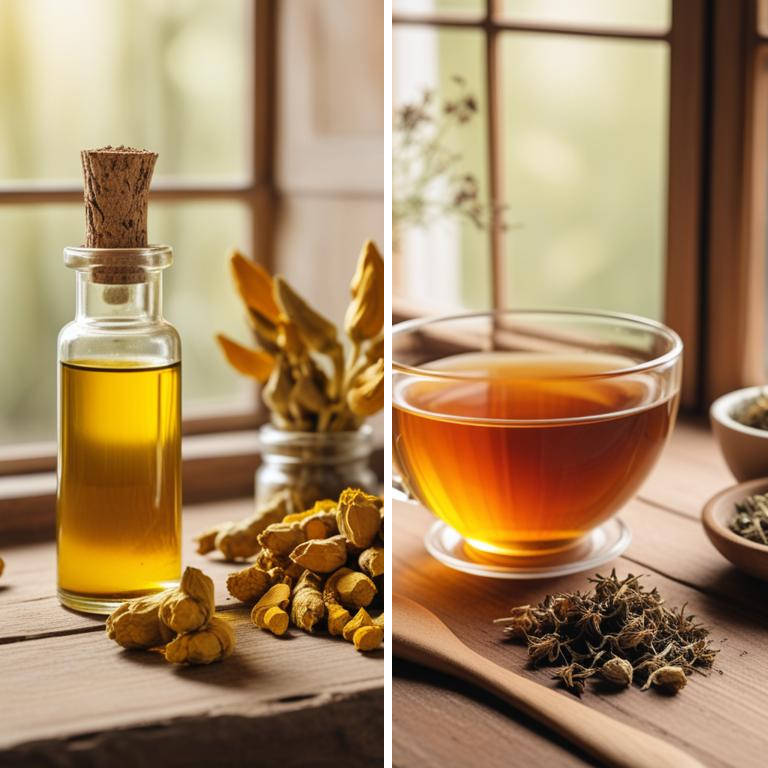
Herbal preparations can be very helpful in managing prostatitis.
A decoction is a strong liquid made by boiling herbs in water, which can help reduce inflammation and kill bacteria that cause the infection. For example, saw palmetto decoction has anti-inflammatory properties that can ease prostate swelling. A tincture is a concentrated liquid extract of herbs that can be taken in small amounts, making it easy to incorporate into your daily routine. For prostatitis, a tincture of marshmallow root can soothe the prostate and reduce discomfort.
An infusion is similar to tea, but it's made by steeping herbs in hot water for a longer time, which can help draw out more of the active ingredients. A prostatitis sufferer can try an infusion of uva ursi to reduce inflammation and fight off infections. Herbal capsules are another convenient way to take herbal remedies, and they can be easily added to your daily supplements. A capsule of stinging nettle can help reduce inflammation and promote healing in the prostate. Lastly, drinking tea made from herbs like peppermint or chamomile can also provide relief from prostatitis symptoms, as they can help calm the prostate and reduce pain.
These herbal preparations are not a replacement for medical treatment, but they can be a useful addition to your treatment plan.
Additional Resources:
What herbs should be avoided by people with prostatitis?
If you have prostatitis, it's best to be cautious with certain herbs that might make things worse.
Ginkgo biloba, for example, can thin your blood and make it harder for your body to fight off infections, which is the last thing you need when you're dealing with prostatitis. Rauvolfia serpentina is another herb to avoid, as it can lower your blood pressure too much, and with prostatitis, you're already at risk of low blood flow to your prostate.
Ephedra sinica, also known as ma huang, is a stimulant that can increase urine production, which might sound helpful, but it can also make your prostate problems worse by putting more pressure on your prostate gland. Valeriana officinalis, or valerian root, is often used to calm the nerves, but if you're already experiencing pain and discomfort from prostatitis, you might want to steer clear of it, as it can worsen your symptoms. Catha edulis, also known as khat, is a stimulant that can increase heart rate and blood pressure, and with prostatitis, you don't need any more stress on your body.
These herbs might have benefits for some people, but if you have prostatitis, it's better to be safe than sorry and avoid them altogether.
FAQ
Are there any specific herbs that can prevent prostatitis?
Some herbs, like saw palmetto, may help prevent prostatitis by reducing inflammation and swelling in the prostate.
It's thought that the berry's natural compounds may block the conversion of testosterone to dihydrotestosterone (DHT), a hormone linked to prostate issues.
However, more research is needed to confirm its effectiveness.
Is it safe to use herbal remedies for prostatitis during pregnancy?
During pregnancy, using herbal remedies for prostatitis is not recommended.
Many herbal products haven't been tested for safety during pregnancy, and some can cause problems. They may interact with other medications or affect the baby's health.
It's best to avoid them and focus on other treatments that are safe for pregnant women.
Are there any herbs that can reduce the frequency of prostatitis?
Some herbs like saw palmetto and pygeum have been studied for their potential to help reduce the frequency of prostatitis.
Saw palmetto may help block the conversion of testosterone to dihydrotestosterone, a hormone linked to prostate issues.
Pygeum, on the other hand, may help improve urine flow and reduce inflammation.
Related Articles
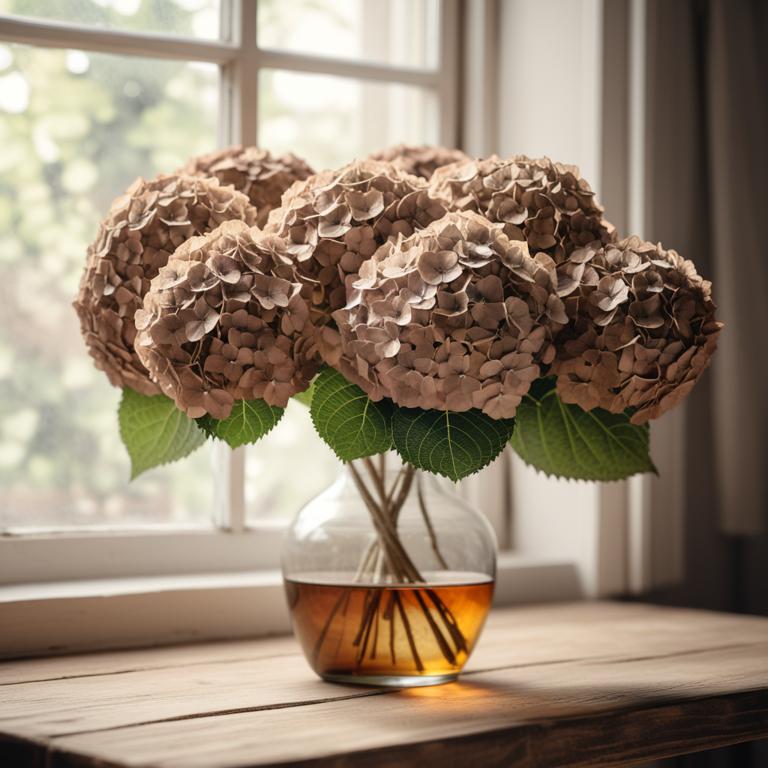
Bladder Infection: Understanding the Causes and Herbal Remedies
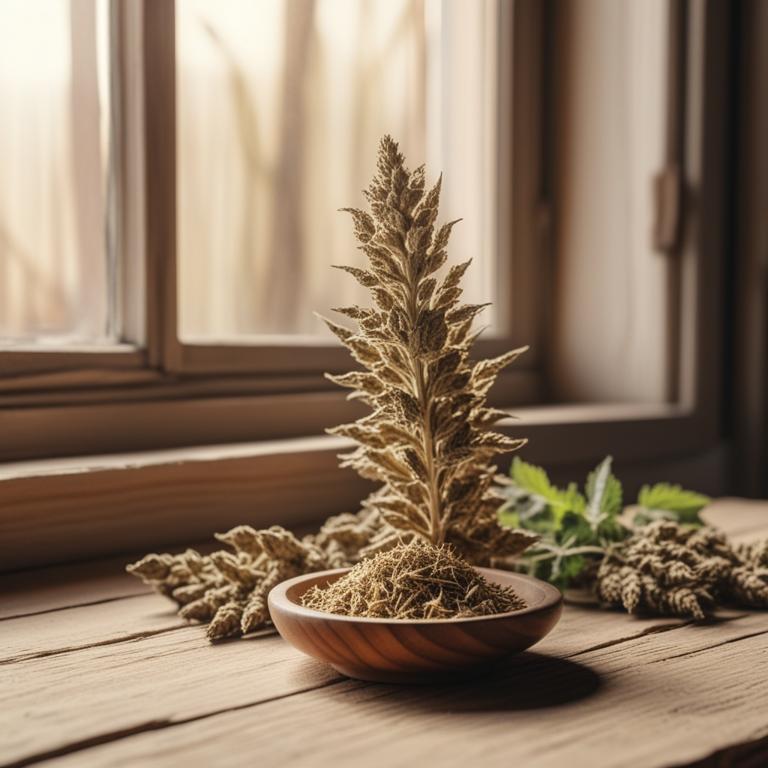
Prostate Inflammation: Understanding Causes and Exploring Medicinal Herbal Options
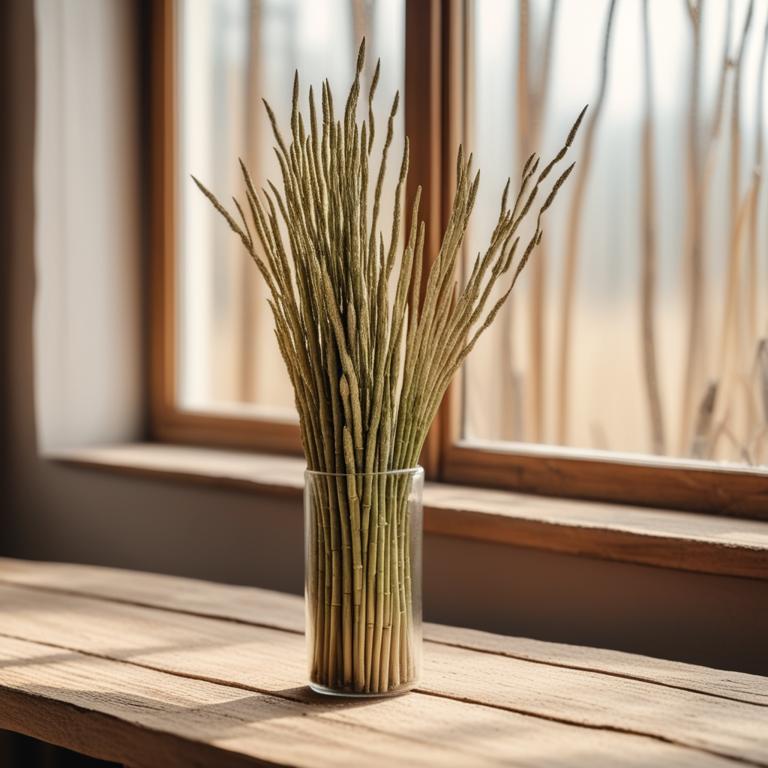
Hematuria: Exploring the Causes and Effective Herbal Remedies for Relief
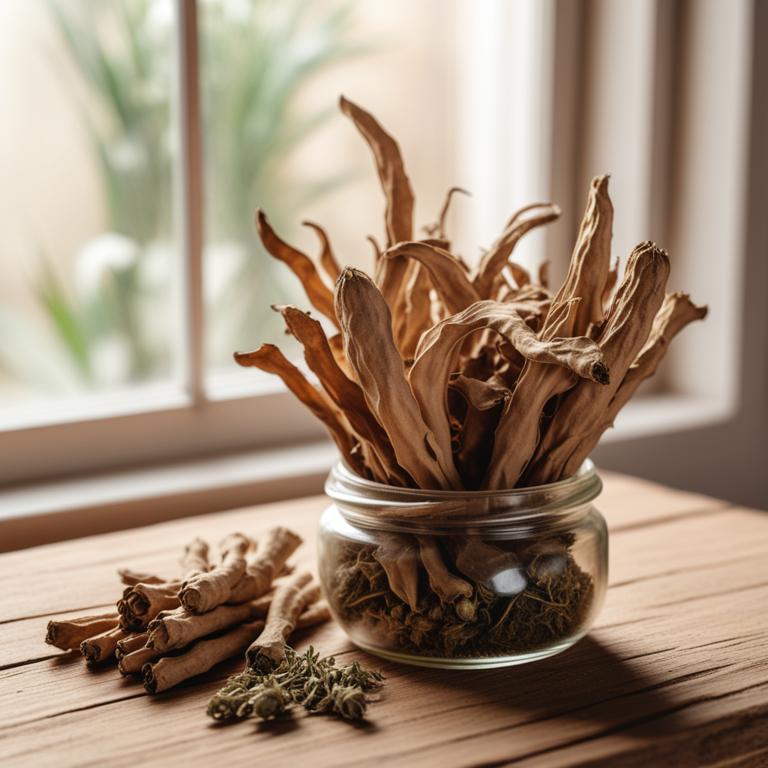
Benign Prostatic Hypertrophy: Understanding Causes and Herbal Preparations for Relief
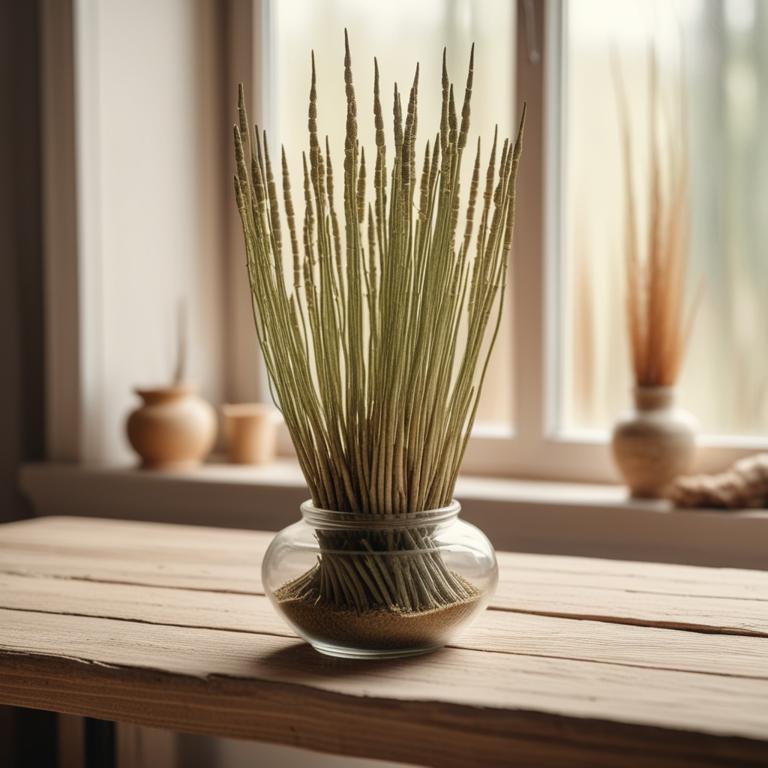
Causes of Bladder Pain and Effective Herbal Preparations
